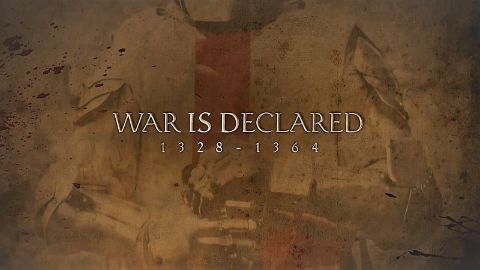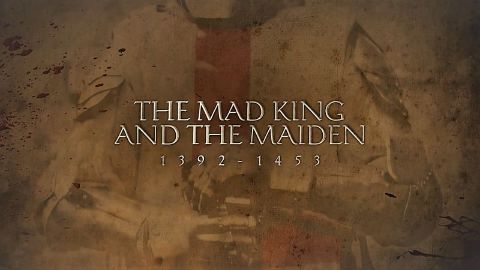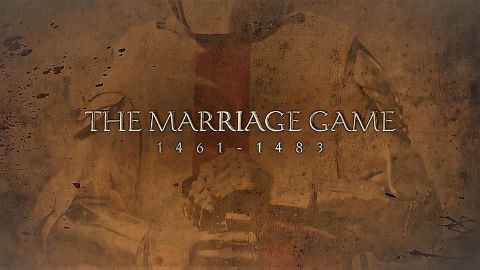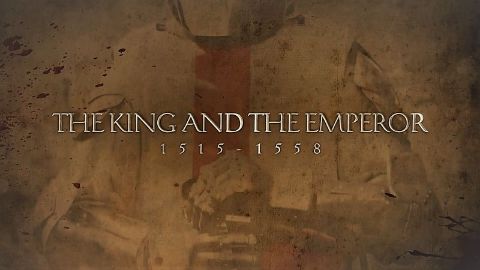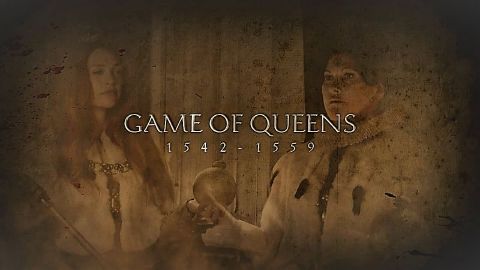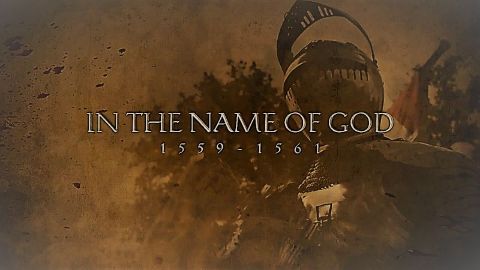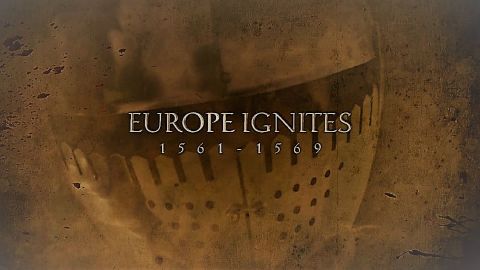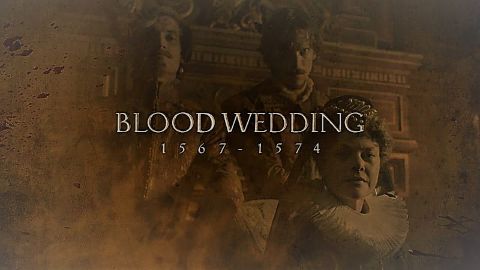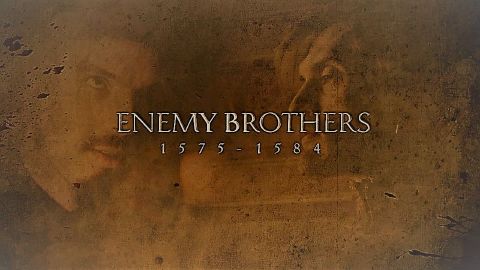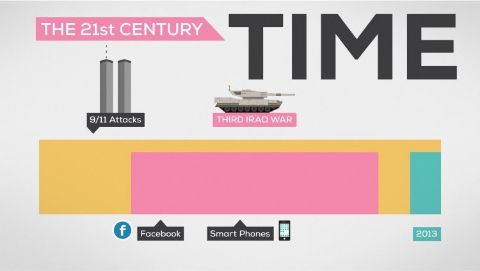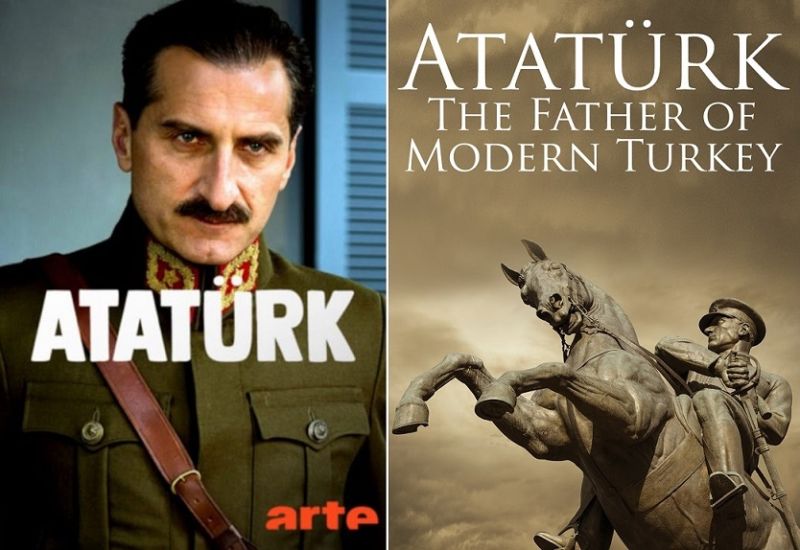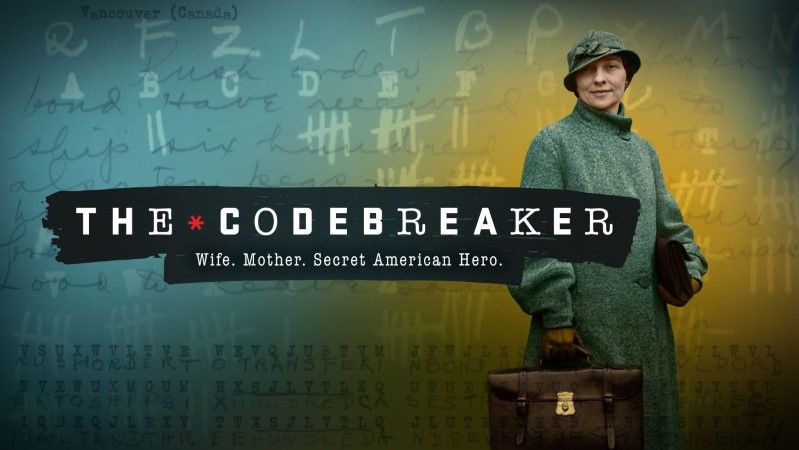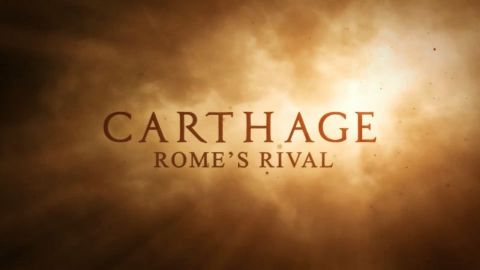The Real War of Thrones: The True History of Europe • 2017 - 2018 • 10 episodes •
In the turbulent formative centuries of early Europe, power-hungry family dynasties fought for domination of the continent. The conflicting ambitions of the Plantagenet king of England, Edward III, and the Valois king of France, Philip VI, brought intrigue, war, kidnapping and mayhem to France.
2017 • History
In 15th Century France confusion reigns with a king who goes mad, dauphines who die as teenagers, a queen who switches allegiances between rival dukes and multiple assassinations. And then, of course, there was the English king, Henry V, who also claimed the throne of France...
2017 • History
Louis XI of France faced a formidable range of enemies when he ascended the throne. English kings and Burgundian dukes had eyes for the monarchy of France. This is the story of how Louis battled, schemed, bribed and even arranged marriages, all in a quest to keep his kingdom.
2017 • History
Child hostages, marriages, battles, and betrayals -- this is the story of Francis I, King of France and Charles V, King of Spain and Holy Roman Emperor, and the rivalry that engulfed Europe in war. But in the end, did either of them "win"?
2017 • History
In the middle of the Renaissance, the son of Francis I shake up the foundations of Europe. Henry II, the King of France, secures a claim to the Scottish crown by marrying young queen Mary Stuart to his son, the future Francis II, heir to the French throne.
2018 • History
The rise of Protestantism is dividing Europe. This is the beginning of the Wars of Religion. While celebrating an alliance treaty, Henry II dies during a jousting tournament. Espionage, conspiracies, treason - his son, the sickly Francis II, sees his life and his reign threatened by the Protestants.
2018 • History
In France, perfidy and treason plunge the French Kingdom into chaos. Behind new king Charles IX, Catherine de Medici rules in the background as master of the throne. However, she is unable to prevent a civil war.
2018 • History
In the name of religious tolerance, Catherine de Medici weds her Catholic daughter, Margaret of Valois, to the young Protestant heir of the Bourbon dynasty, Henry of Navarre. Protestants and Catholics are both in attendance. This event leads to the most infamous bloodbath in France's history.
2018 • History
Mary, Queen of Scots is forced to abdicate and flee to England, where Queen Elizabeth has her imprisoned. Refusing to acknowledge her cousin as her legitimate heir, Elizabeth accepts to wed one of Catherine de Medici’s sons. In Flanders, William I requests military assistance from France.
2018 • History
In France, Henry III still has no heir. Catherine de Medici is determined to prevent him from being the last of the Valois line and leaving the throne to Henry of Navarre. Yet again, the wind of revolt blows over the kingdom of France and leads to the assassination of Henry, Duke of Guise.
2018 • History
